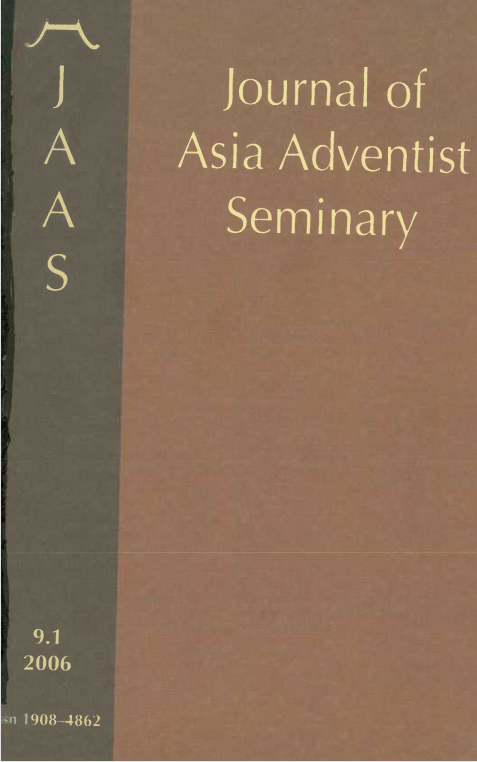The Sabbath Commandment in the Book of the Covenant: Ethics on Behalf of the Outcast
Abstract
The Sabbath commandment in the book of the covenant (Exod 23:12) employs unusual
linguistic terms which link it to Israel's patriarchal and covenantal history.
This study suggests first, that the context of the Sabbath commandment in the book
of the covenant is represented by the motif of God's compassionate listening to the
outcry of the oppressed, a motif fundamental to the book of Exodus, which even triggers
the exodus event. Second, a word-play connects the story of the exclusion of Ishmael
and Hagar from the household of Abraham to the Sabbath and highlights its
ethical implications. Finally, the use of an unusual expression indicating work during
the six days of the week connects the Sabbath to creation and thus highlights its
universal dimension. The Sabbath rest changes humanity's toilsome work into a positive
perspective, making meaningful and fruitful work worth celebrating.
Key Words: Exod 23:12, Sabbath, Sabbath commandment, Sabbath theology, ethics,
work, compassion, Ishmael and Hagar, book of the covenant

